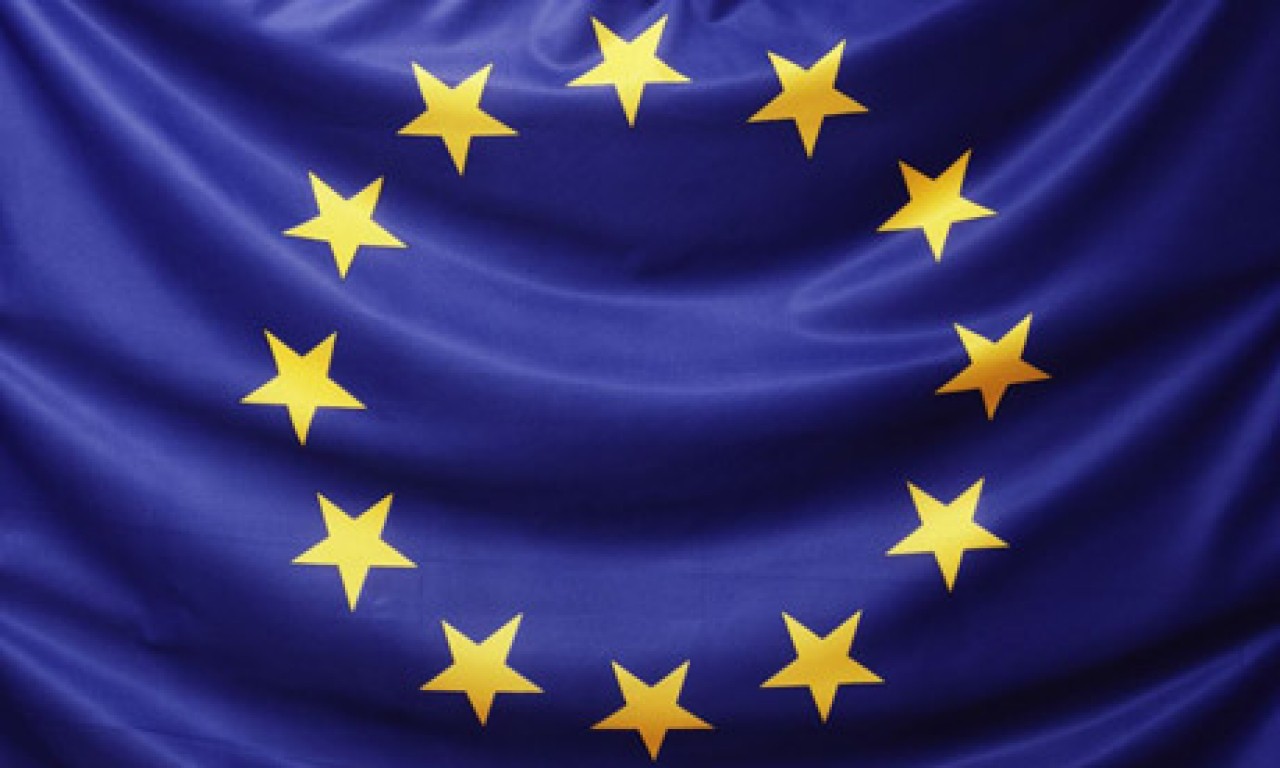INTRODUCTION
With the entry into force of the Treaty of Lisbon, the European Union (EU) acquired legal personality. It is therefore a subject of international law which is capable of negotiating and concluding international agreements on its own behalf.
These international agreements have legal effects in the internal law of the EU and the Member States. Moreover, the founding Treaties of the EU lay down the procedures by which the EU can conclude international agreements.
Definition
International agreements are the result of a consensus between the EU on the one hand and a third country or third-party organisation on the other hand. These agreements create rights and obligations for the European institutions and Member States. They become part of the European legal order on the date of their entry into force or on the date that they specify.
Legally, international agreements are secondary conventions of agreements and must therefore comply with the founding Treaties of the EU. However, they have greater value than “unilateral” secondary acts, i.e. acts adopted unilaterally by the European institutions (regulations, directives, decisions, etc.).
Eu in international agreements, basic ideas
External competences of the EU
The external competences of the EU are defined in Article 216 of the Treaty on the Functioning of the EU. The EU may conclude international agreements:
- in the cases provided for by the founding Treaties;
- where provided for in a legally binding act;
- where the conclusion of an agreement is necessary in order to achieve one of the objectives of the EU, even in the absence of internal European legislation;
- where the conclusion of the agreement is likely to affect common rules adopted by the EU in internal law. Thus, where the EU has adopted common rules for the implementation of a policy, Member States are no longer entitled to enter into obligations with third countries affecting those rules.
Exclusive competence and shared competence
The division of competences between the EU and Member States is also expressed at international level. Where the EU negotiates and concludes an international agreement, it has either exclusive competence or competence which is shared with Member States.
Where it has exclusive competence, the EU alone has the power to negotiate and conclude the agreement. Moreover, Article 3 of the Treaty on the Functioning of the EU specifies the areas in which the EU has exclusive competence to conclude international agreements.
Where its competence is shared with Member States, the agreement is concluded both by the EU and by the Member States. It is therefore a mixed agreement to which Member States must give their consent. The areas in which competences are shared are defined in Article 4 of the Treaty on the Functioning of the EU.
Procedure for the adoption of international agreements
 The procedure for the adoption of international agreements consists of several phases. The Council adopts the recommendations spelling out the Commission’s negotiating brief. The Commission then negotiates the agreement and signs it with the Council. Parliament is always consulted and must give its approval in certain cases. Finally, the Council concludes the agreement. The Court of Justice may be asked to verify its validity.
The procedure for the adoption of international agreements consists of several phases. The Council adopts the recommendations spelling out the Commission’s negotiating brief. The Commission then negotiates the agreement and signs it with the Council. Parliament is always consulted and must give its approval in certain cases. Finally, the Council concludes the agreement. The Court of Justice may be asked to verify its validity.
Negotiation
The Commission conducts negotiations, but acts on the mandate of the Council. Thus, the Council adopts a decision authorising the opening of negotiations. It may address directives to the Commission establishing the framework under which the negotiations must be conducted.
The Commission then conducts negotiations in cooperation with Member States. Their involvement in the process depends on the field in which the agreement relates to:
- when the agreement relates to a field in which the EU has exclusive competence, the Commission is the sole negotiator, although national experts are closely involved in the proceedings through the special committees in accordance with the rules laid down by the ‘comitology’ procedure;
- when the agreement relates to a field of shared competence, negotiations are conducted jointly by the Commission and national experts.
sources:http://europa.eu/legislation_summaries/institutional_affairs/decisionmaking_process/l14532_en.htm
http://europa.eu/legislation_summaries/institutional_affairs/decisionmaking_process/ai0034_en.htm

